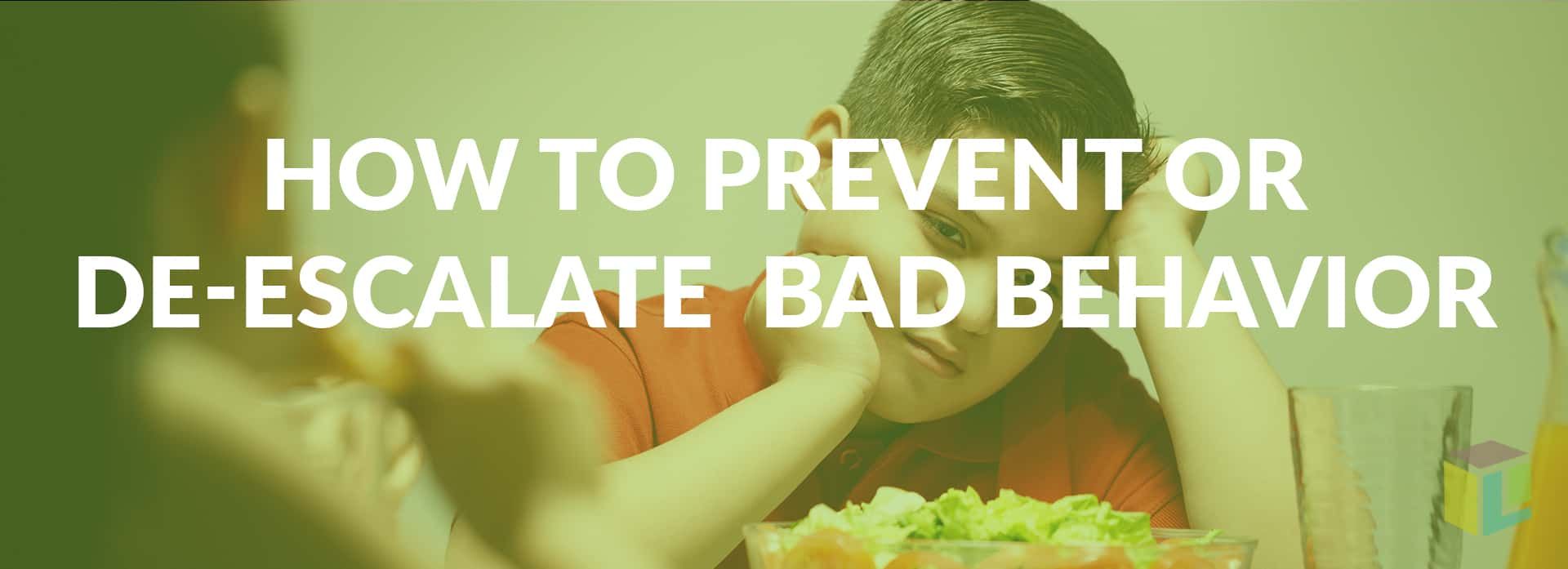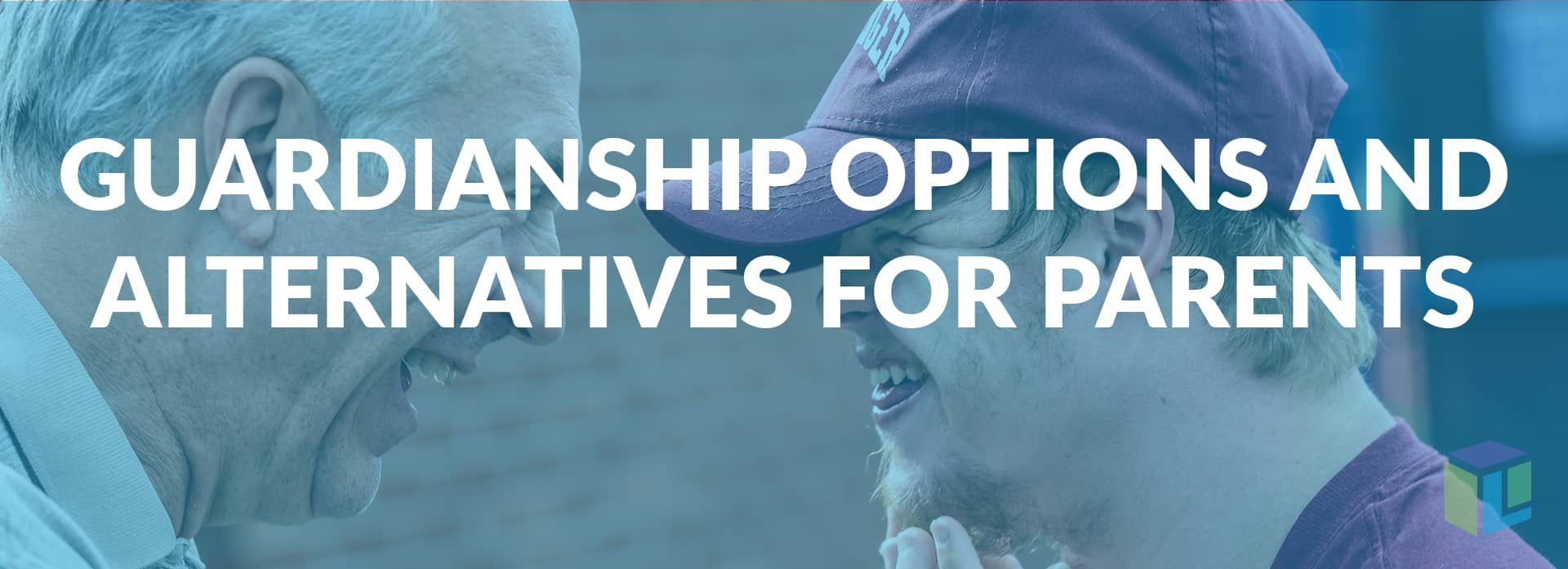How To Prevent Or De-escalate Acting Out And Bad Behavior
Even when your child is acting out, behavior always serves a function. Understanding that function will help you better manage future situations and de-escalate bad behavior. By learning the antecedents that trigger your child’s misbehavior, you can proactively prevent these incidents from occurring. This article will teach you how to recognize behavioral patterns and outline intervention strategies to stop the acting-out cycle.
Key Behavioral Principles
Let’s begin by defining three key psychological terms we will discuss throughout this post. These fundamental behavioral principles apply to everyone, not just children with special needs.
An antecedent is something that cues a person to perform a behavior. When someone receives an antecedent, they behave in a way that maximizes reinforcements and minimizes punishments. If you check your email each morning after you pour yourself a cup of coffee, pouring coffee is an antecedent to checking your email.
Reinforcement refers to something that is done to increase the chance of the desired response. Positive reinforcement adds something to the situation, whereas negative reinforcement takes something away. Remember that negative doesn’t equate to bad. If you check your email each morning to avoid receiving urgent phone calls, that’s an example of negative reinforcement.
In contrast, punishment is a consequence that follows behavior in an attempt to decrease the likelihood of the person exhibiting that behavior in the future. Like reinforcement, punishment can also be classified as positive or negative based on whether it adds or subtracts a stimulus. Being given a written warning for not checking your work email would be a positive punishment, while being denied a merit raise would be a negative punishment.
Phases Of Escalating Behavior
When a child exhibits a challenging behavior, they will display seven stages of escalation. This is sometimes referred to as the acting-out cycle. Understanding each phase is essential to timing effective interventions.
- Calm. In this phase, your child is responsive and cooperative.
- Trigger. A stimulus sets off a pattern of behavior.
- Agitation. Your child will begin displaying signs of anxiety or may withdraw from the situation.
- Acceleration. Uncooperative, aggressive or provocative behaviors will escalate.
- Peak. This is the climax of the incident. Your child’s behavior will feel out of control.
- De-escalation. This phase is characterized by a reduction in the frequency or intensity of negative behaviors.
- Recovery. Your child transitions back to a calm state.
Strategies For Prevention
The root cause of acting out is often a desire for attention. If a child misbehaves, adults typically notice and respond quickly. Acting out can make a child feel in control by commanding the attention of everyone around them.
To prevent acting out for attention, parents and other caregivers should regularly provide positive attention. Actively engage your child during calm periods, tell them what you expect and follow up with praise to validate good behavior. Remember that people who are more introverted or anxious tend to shy away from public praise. Specific, private praise often works better than more general public acknowledgment.
Many children also have predictable antecedents that precipitate misbehavior. While every child is different, these triggers may include transition times, unexpected changes, needing to wait, unfamiliar social situations or challenging schoolwork. Parents and other caregivers can intervene before these situations to disrupt the acting-out cycle.
If you know about an upcoming change in your child’s routine, give them as much notice as possible. Tell your child what’s going to happen and when. Some children also benefit from reminders and gradual transitions. To get your child to go to bed earlier during the school year, you might give a reminder that it’s 30 minutes until bedtime and suggest reading a favorite book before going to sleep.
Similarly, children can be taught how to wait. Suggest something that they can do during that downtime. If your child misbehaves while you’re waiting to check out at the grocery store, ask them to help you place items on the conveyor belt. You could also suggest a more passive strategy, like watching the register total the amount as the clerk scans each item.
Stay Safe While De-escalating
Sometimes children begin acting out despite our best efforts. When de-escalating an incident, ensuring the safety of your child, yourself and anyone else nearby should always be the top priority. Remember to remain calm. If there are multiple adults present, you should identify one person to lead the de-escalation. Any other adults should stay nearby in the event assistance is needed. Depending on the severity, you may need to isolate your child from other children or pets. Don’t be afraid to call for help if necessary. You should always have an exit strategy in case the situation becomes unmanageable.
Strategies For De-escalation
Intervening as soon as you notice your child becoming agitated can help diffuse the situation. Ask how you can help or suggest that they take a break. To de-escalate the incident, validate your child’s feelings and attempt to redirect their behavior.
If your child is already in the acceleration phase, move to their eye level and speak calmly and respectfully. Avoid using a tone or body language that could be perceived as threatening. Emphasize that you understand that your child upset but need them to cool down so you can work through the problem together.
When a child refuses to cooperate, the best course of action is to ensure they are in a safe place and allow them to cool off on their own. Provide your child with time and space to calm down in a quiet environment. Once your child is calm, you can decide whether it is appropriate for them to resume regular activities. Later, you should reflect on why your child’s behavior escalated and consider interventions that could interrupt the acting-out cycle in the future.
Lexington Services provides a variety of personalized programs for children with behavioral challenges. Click here to learn more about our behavioral support services.
To read more like this, check out our last post.



